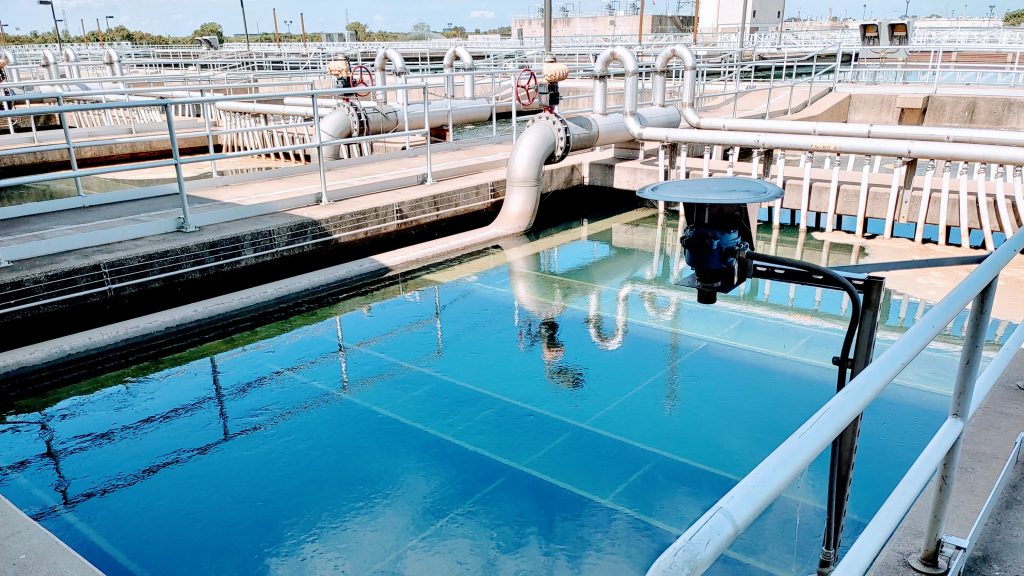Natural disasters such as hurricanes, floods, earthquakes, and wildfires can disrupt water supplies and compromise water quality, making it essential to have emergency water treatment solutions in place. During such emergencies, access to safe drinking water becomes a priority for survival. This article delves into various emergency water filtration options, including portable filters, purification methods, and essential preparedness tips.
1. Importance of Emergency Water Purification
In the aftermath of a natural disaster, clean drinking water may become scarce due to contamination or damage to water infrastructure. Emergency water treatment ensures access to safe and potable water, reducing the risk of waterborne illnesses and dehydration.
2. Portable Water Filters
Portable water filters are compact, lightweight devices designed for emergency use. They remove contaminants and impurities from water sources such as rivers, lakes, and rainwater. Common types of portable filters include straw filters, pump filters, and gravity filters.
3. Purification Tablets and Drops
Purification tablets and drops are chemical agents that kill or neutralize pathogens in water, making them safe for consumption. These products are convenient for emergency use and can be stored in emergency kits or survival gear.
4. Boiling Water
Boiling water is one of the oldest and most effective methods of water purification. Heating water to a rolling boil for at least one minute kills harmful bacteria, viruses, and parasites. Boiling is a reliable emergency water treatment method when other filtration options are unavailable.
5. UV Water Purifiers
UV water purifiers use ultraviolet light to disinfect water by disrupting the DNA of microorganisms. These devices are effective against bacteria, viruses, and protozoa. UV purifiers are compact, battery-operated, and suitable for emergency water treatment.
6. Emergency Water Storage
In addition to filtration and purification methods, sufficient water storage capacity is crucial during emergencies. Stockpile clean water in containers specifically designated for emergency use, ensuring a sufficient supply for cooking, drinking, and hygiene needs.
7. Tips for Emergency Water Preparedness
– Maintain an emergency water supply of at least one gallon of water per person per day for at least three days.
– Regularly check and replace emergency water filters, purification tablets, and other supplies before they expire.
– Familiarize yourself with local water sources and potential contaminants in your area.
– Educate family members or household members on emergency water treatment methods and safety precautions.
Emergency water filtration solutions are essential for ensuring access to safe drinking water during natural disasters. Portable filters, purification tablets, boiling water, UV purifiers, and proper water storage are crucial components of emergency preparedness. By understanding and implementing these water treatment methods, individuals and communities can mitigate the risks associated with compromised water supplies during emergencies.
Prepare for emergencies with our guide on emergency water filtration solutions. Stay safe with portable filters, purification methods, and preparedness tips from our experts at J. McCabe Plumbing. Contact us at (408) 369-8300 to access safe drinking water during natural disasters now!

















